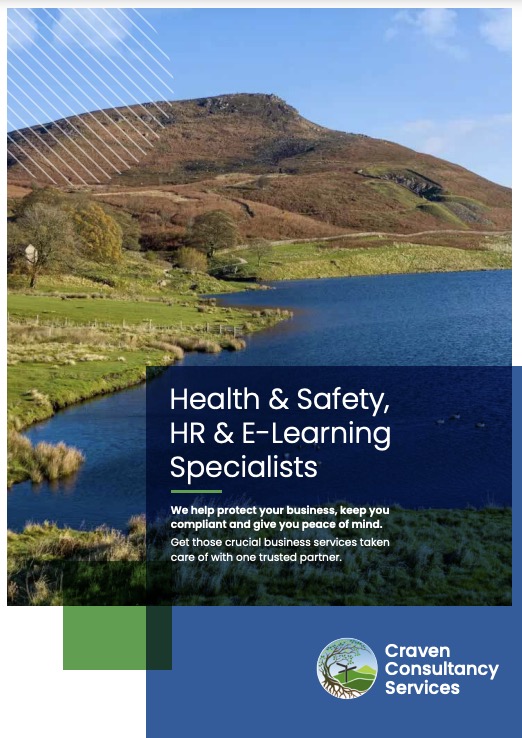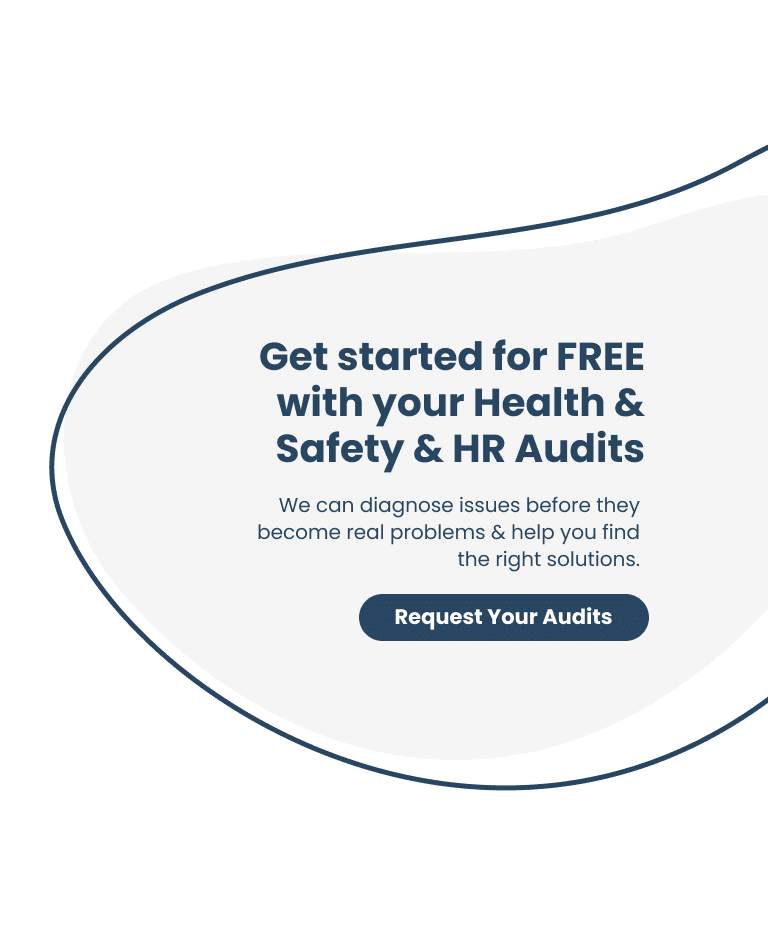Do Employers Legally Need a Stress Risk Assessment?
It’s a question that’s coming up more often — especially as awareness of workplace wellbeing grows:
❓ “Is it a legal requirement to do a stress risk assessment?”
The short answer?
Not by name — but yes, in practice.
Here’s why…
✅ What the Law Actually Says
UK health and safety law requires all employers to assess and manage risks to the health and safety of their employees. That includes mental health and work-related stress, where these risks are foreseeable.
The legal duties are set out in:
These laws require employers to carry out a “suitable and sufficient” risk assessment for anything that could impact health — and if stress is likely to harm staff, it must be included.
And if you employ five or more people, you’re also required to record the significant findings of your risk assessments.
What the HSE Says
The Health and Safety Executive (HSE) — the UK’s regulator for workplace health — is clear:
“Employers have a legal duty to protect employees from stress at work by doing a risk assessment and acting on it.”
(Source: HSE – Work-related stress)
The HSE also provides a framework known as the Management Standards, which helps organisations identify and control stress-related risks in areas like workload, support, role clarity, and relationships.
So, Is a Stress Risk Assessment a Legal Requirement?
No, the law doesn’t say you must carry out a document called a “stress risk assessment.”
But yes, if stress is a foreseeable risk in your organisation, you are legally required to:
A structured stress risk assessment is the most practical, proportionate, and legally defensible way to do that.
It’s not just about compliance — it’s about protecting your team, supporting mental health, and building a resilient, positive workplace culture.
Case Law Insight: Easton v B&Q (2015)
In this case, the court ruled that the employer wasn’t liable for a psychiatric injury — but only because the employee’s stress wasn’t seen as foreseeable at the time.
However, the judgment made it clear:
Employers have a duty to act when signs of stress are present — and failing to assess foreseeable risks can have serious legal consequences.
Support for Employers: Our Ready-to-Use Toolkit
To make compliance easier, we created the:
It’s built to help you:
-
Identify workplace stressors
-
Consult with your team
-
Document and act on your findings
-
Meet your legal and ethical responsibilities with clarity and care
Final Thoughts
While a stress risk assessment isn’t explicitly named in UK law, it is one of the most effective ways to meet your legal duty to protect mental health in the workplace.
It’s not just about ticking a box — it’s about showing you’ve taken action when it matters most.
Need help getting started?
Explore the toolkit and get practical, ready-made support to build a healthier, safer workplace.
🔗 View the Toolkit













